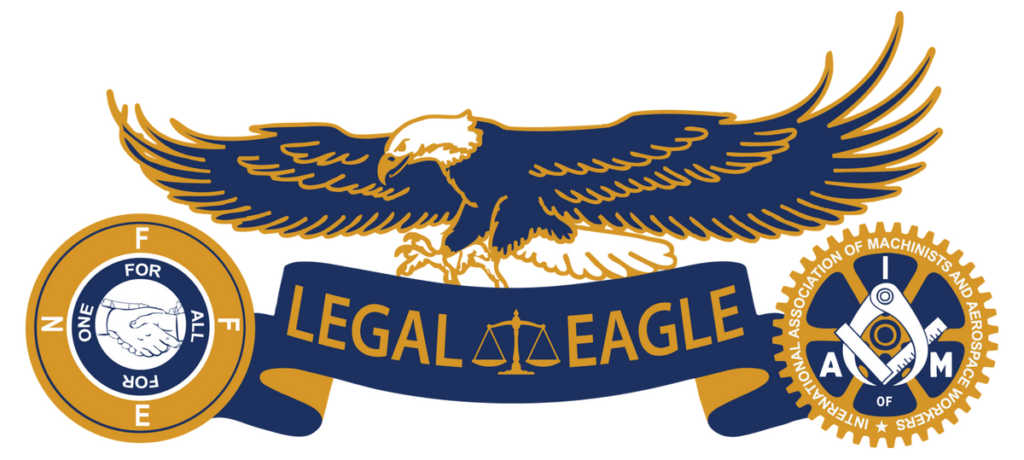

Watt v. Mabus, 2014 U.S. Dist. LEXIS 78215 (E.D. Va. 2014).
Summary: A Navy employee sued the U.S. Navy under Title VII of the 1964 Civil Rights Act on the basis that he resigned due to a hostile work environment (HWE). The District Court granted the Navy’s motion for summary judgement and dismissed the case against the employee. The Court found that the employee did not make his claims in the EEO process before filing the lawsuit.
Comment: This case is useful to discuss for two reasons. First, many employees use the term “hostile work environment.” This case presents the elements that an employee must actually show to establish a HWE claim. Specifically, the hostility must be tied to someone’s race, national origin, sex, disability, or other protected status under Title VII. Having a manager who is incredibly difficult to work with, by itself, is not enough to establish a HWE claim. Second, it is important that employees seek relief on any valid claim when they begin the EEO process. In this case, the employee had evidence of a HWE claim but lost because he did not raise that claim in the EEO process.
Summary: NFFE Local 2049 filed a grievance alleging various violations under the FLSA. The Agency alleged that the Union did not follow its grievance procedure in filing the grievance. The Arbitrator rejected the Agency’s contention and the Agency filed exceptions to the FLRA. The FLRA denied the Agency’s exceptions.
Comment: This case deals with Agency attempts to make every argument under the sun to get rid of a union grievance on technicalities rather than the merits. This case is useful because it makes clear that the law allows the union to file grievances on behalf of employees and any grievance procedure must be interpreted as such.
Social Security Administration and AFGE Local 1923, 67 FLRA 534 (2014).
Summary: The FLRA upheld an arbitration award finding that the Agency improperly withheld information.
Comment: While Unions normally filed ULP charges with the FLRA regarding information requests, this case reminds that the issue can also be addressed through the grievance procedure. This case is helpful to see what the FLRA looks at in deciding whether the Union met its burden in establishing the particularized need requirement.
Get the bulletin board-ready story, here.
